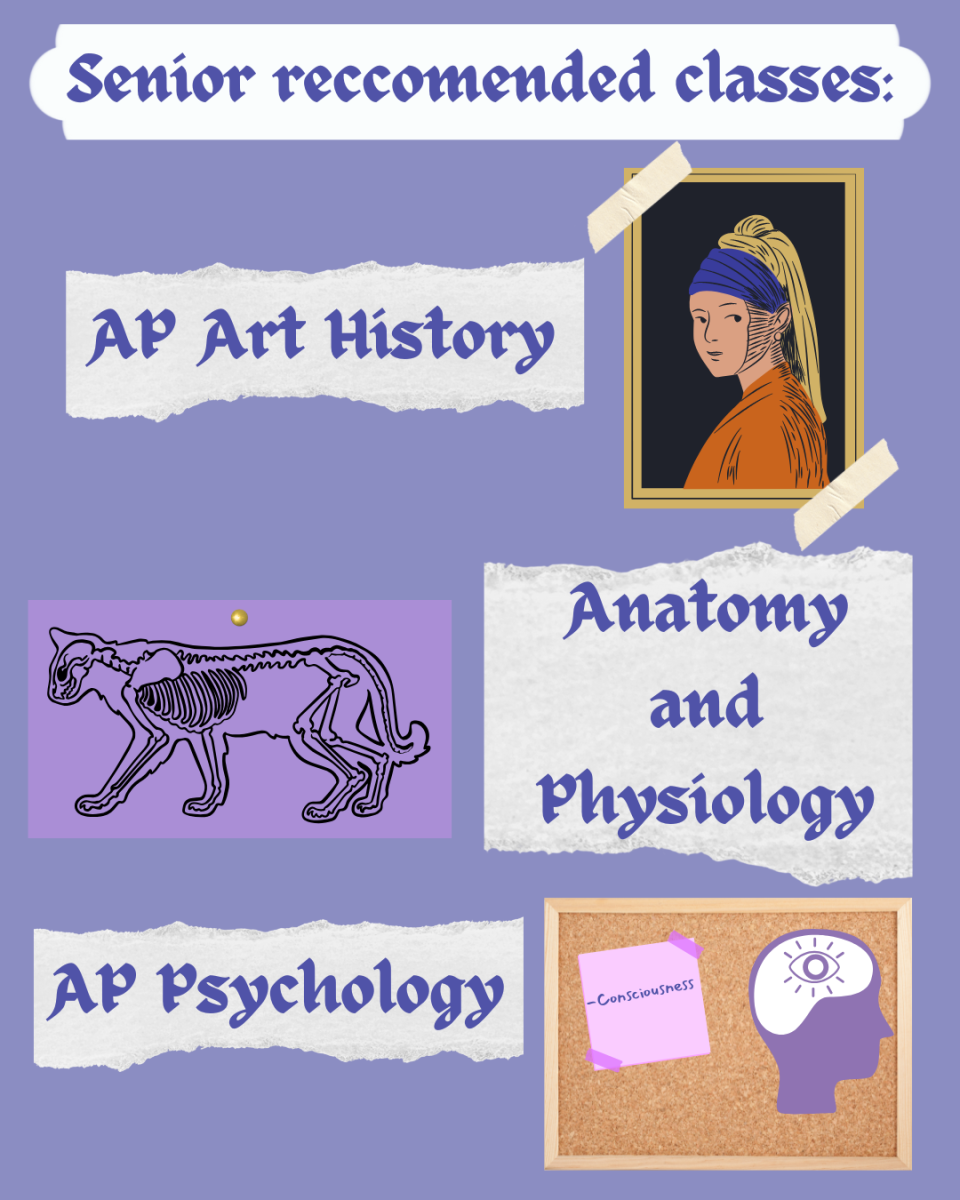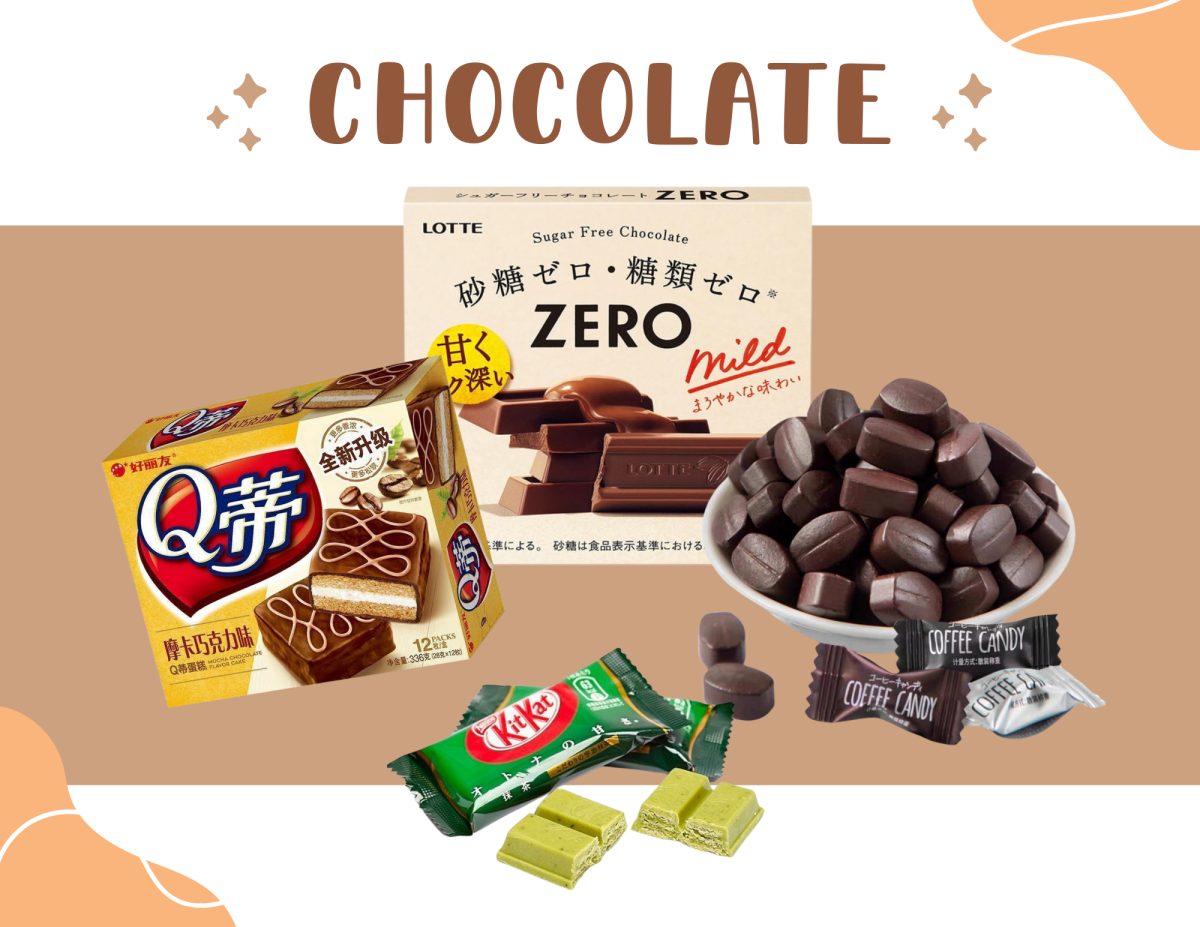While time is one of the only constants in life, it seems to gain speed as we age, leading us to be in dire need of more of it. Our allotted twenty-four hours can’t possibly be enough to accomplish each line in our to-do list, and the world continuously finds new ways to nurture a culture of workaholics and call it productivity. Teens and adults alike have adopted a “grind-set,”- one that’ll maximize your productivity and leave you satisfied with the effort you’ve put into bettering yourself, your career, and ultimately, your life. It isn’t enough to be a full-time student anymore, when you aren’t in multiple clubs, sports, extracurriculars, utilizing volunteering opportunities, working a job, and maintaining a social life. We keep pushing for excellence, but are we really just hindering our own progress?
This is the overarching question raised in a book I read recently by the name of Four Thousand Weeks: Time Management for Mortals by Oliver Burkeman. I picked the book up with a genuine interest in developing ways to maximize my time and in hopes it would spark motivation to get a true hold of my life, as most nonfiction self-help books do. Within the first few chapters, I realized Burkeman was attempting to confront this side of the reader. Why is society so encumbered with anxiety over our limited time on earth, or, our mere “four thousand weeks?”
The most stand-out argument of the book is that we are unable to do anything for the sake of just doing it, as our eyes are fixed on how what we are doing will benefit us in the future. In other words, we’ve forgotten how to live in the moment due to a dominant ‘work now, play later’ lifestyle. We’ve pushed joy to the side, second to our main priorities. Yet if we believe we never have enough time, when can we find that joy? Why does relaxation have to begin after we check all the boxes or even after retirement (which also keeps getting further and further away as the years go by, but that’s a topic for a different day.)
The “grind-set” has swept over the lives of most adults, yet the minds of teens and students have become severely susceptible to the lifestyle, as their goals revolve around academic excellence and overflowing achievements. There is an increasing pressure to take on as many activities and time-fillers as possible and a decrease of contentment in being really good at just one thing. Most of us go-getters thrive off of a hectic schedule and are uncomfortable with the thought of a night off, but all of this just leads to being spread too thin and our lives more vulnerable to burnout. Everything we put our effort into is for a future gain, typically for college and career.
There’s nothing inherently wrong with staying busy, but it’s the growing expectation to do so that harms us. I’ve never met a student who hasn’t gone through periods of exhaustion just from trying to balance their numerous extracurriculars on top of their general enjoyment of life- spending time with close friends and family, taking up a hobby, or even having a few hours to themself. Each week is packed, sometimes the weekends even more so.
As a senior, I’ve now come face-to-face with this expectation, being greeted with “what college are you going to?” Or “what do you plan on studying?” Or, worst of all, “What do you plan on doing AFTER college?” It’s hard to maintain focus on my remaining time in high school when I’m surrounded by an urgency to know exactly where my life is headed and what I can do now to foster success for my future.
A fact that we already know yet still fail to take into consideration is: we have no idea what our future holds. We become satisfied with busting our butts now so that we can enjoy life later, without knowing how much “later” we even have. By the end of your senior year, you may think you have the next few years of your life figured out, but you don’t even know what the next few hours will bring. And we have no other option but to accept that.
I’m not going to sit here and say that having a plan, goals, and motivation for productivity are ruining your life, but we’ve learned to go about it all wrong. Our collective anxiety over our to-do lists is a product of the short attention span our society has gained from social media. I think we are all tired of hearing “society” and “social media” in the same sentence, and I don’t need to convince you that social media has had negative effects on the world.
And yet, we’ve been blind to the correlation between our productivity obsession and our media consumption. While one is known to nurture our growth and the other hinder our growth, they both contribute to an antsy culture that can only handle what’s given to them quickly and efficiently. Platforms lean towards short snippets of entertainment to take advantage of our impulses to keep scrolling, and it’s hard to get away from mind-numbing videos that your algorithm has curated specifically for you to keep you hooked. There has been an apparent shift away from long form content, such as books, movies, or even television, just because it no longer piques our interest, and we are itching to consume as much content as possible, the same way we are itching to get the next thing done when we find ourselves relaxing.
Anxious character traits have slithered their way into our personalities from the actions we’ve taken in our external world. We’ve cracked the code on rapid consumption, therefore we find frustration when that instant gratification we receive from our devices isn’t translated in our day-to-day accomplishments. Though we may not think of the two as similar, there’s a weird paradox where their origins come from the same part of our cultural habits: In our media consumption, to-do lists, and packed schedules, we’re always reaching for more, no matter the consequences.
There isn’t any clear solution on how to combat our dire need to use up all of our time efficiently and in a way that we will look back on with pride, and our hopes of being productive most likely won’t fade away to reveal a life of peace and contentment. It is by recognizing that we will never accomplish everything we hope to, and that finishing our lengthy to-do list will never happen without another thing popping up, that we can hopefully come to terms with a healthy balance of work and play. If practiced, we can invest less time into the future, and more into right now.







